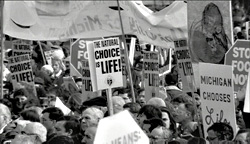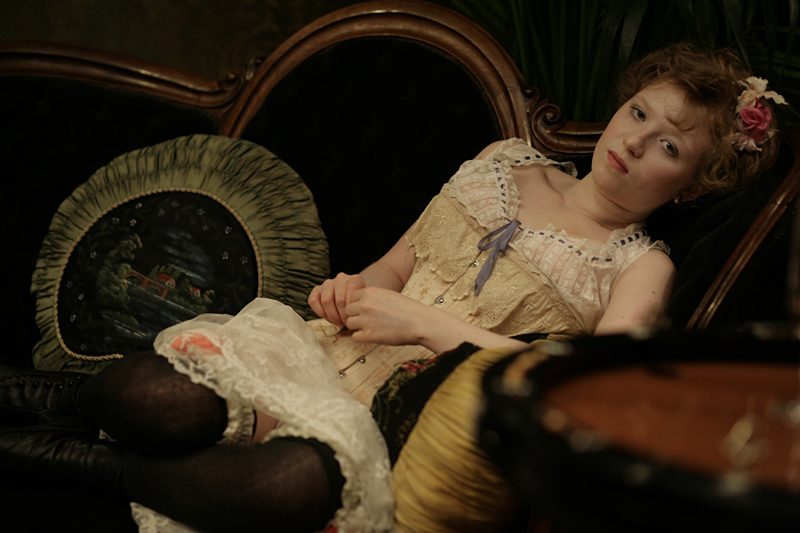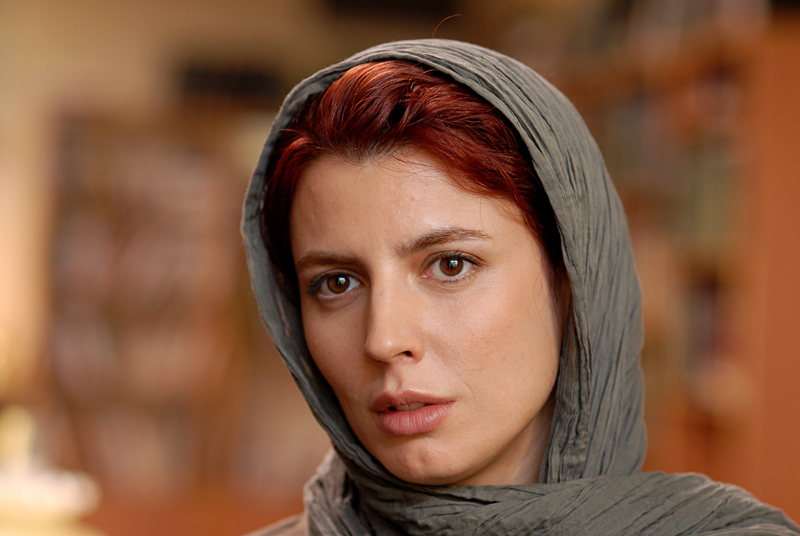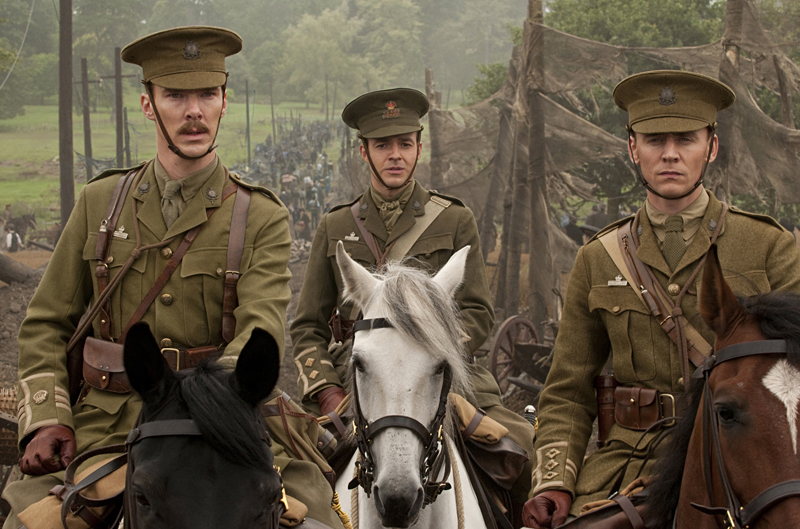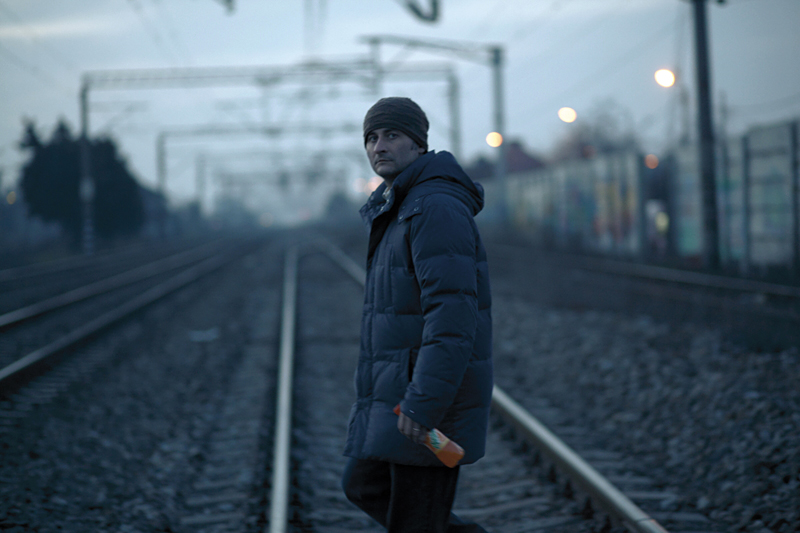Named for the spot in Christian-fundamentalist hell where sinners are condemned to spend eternity, Tony Kaye’s Lake of Fire is a provocatively beautiful movie on the hottest hot-button issue in American life: a woman’s right to an abortion. Seventeen years in the self-financed making, Lake of Fire is a surprisingly fluid and continuously engaging two-and-a-half-hour movie, at once monumental and ghostly. In one sense, it’s a travelogue through a battle-scarred terrain contested by religious fundamentalists and beleaguered feminists—none of whom are shy in addressing Kaye’s camera or getting in some counter-demonstrator’s face. But Kaye is not Michael Moore. Lake of Fire provides no overt overview, only variations on the same conflict. As filmmaking, it’s largely noncoercive, allowing viewers ample time to read the faces and study the performances of sundry American types. As Kaye draws the lines, the ultimate distinction is not between pro-choice and pro-life, but between those who articulate moral unease and those who speak with absolute conviction. Lake of Fire may be a mirror for the viewer’s particular burning convictions, but it has no brief for total certainty. “I know I made the right decision, but it’s still not easy,” a woman cries after her abortion. The movie is shot in black and white, but projects as shades of gray.
Lake of Fire: Like the Abortion Wars Never Ended
